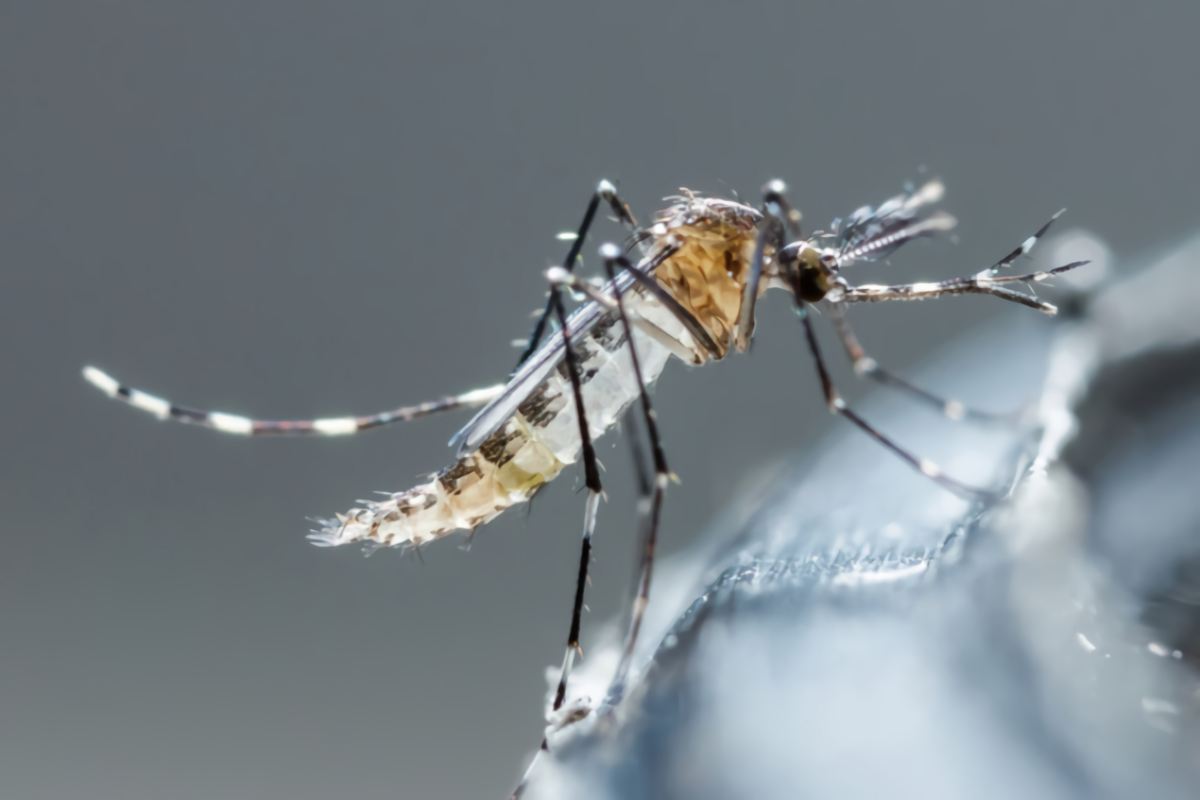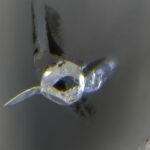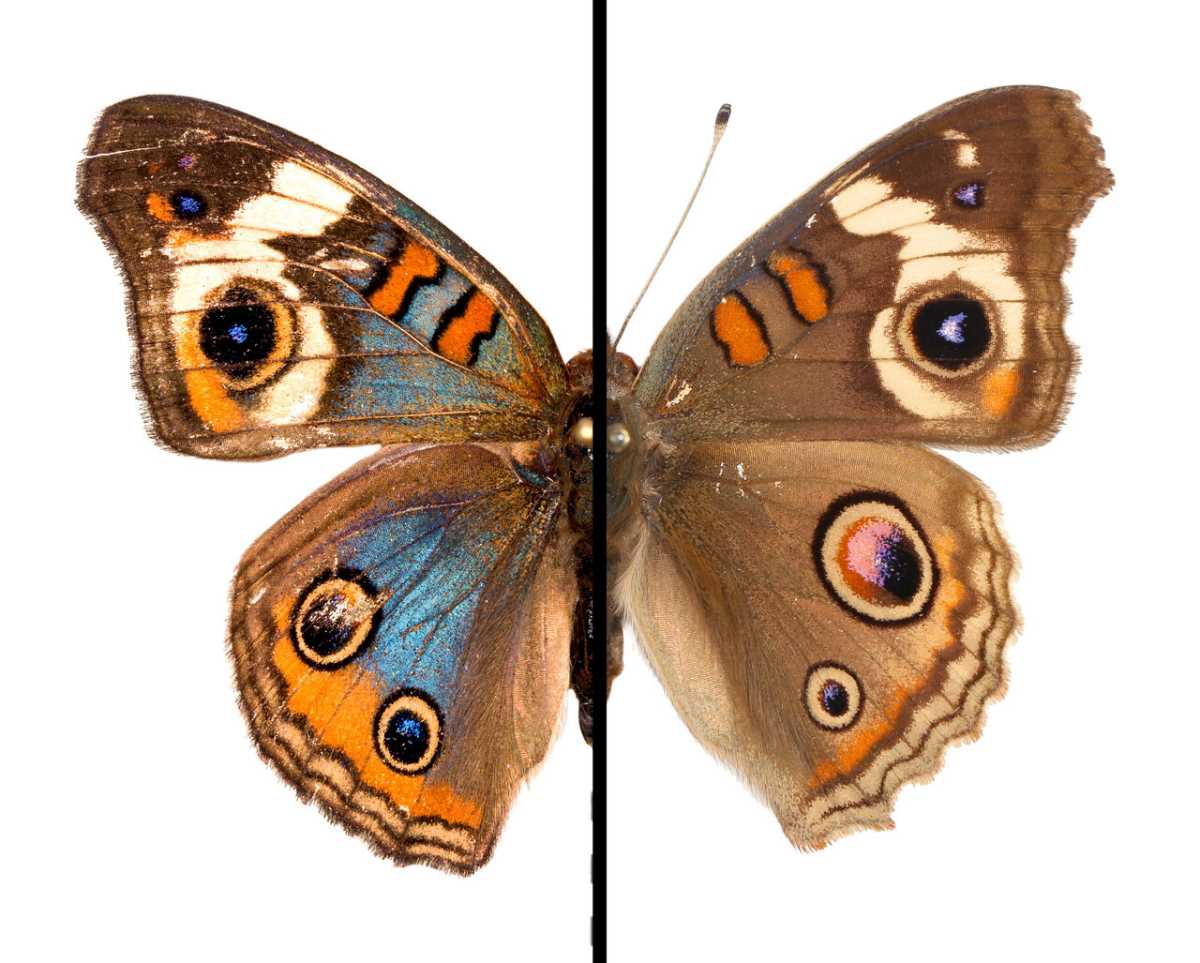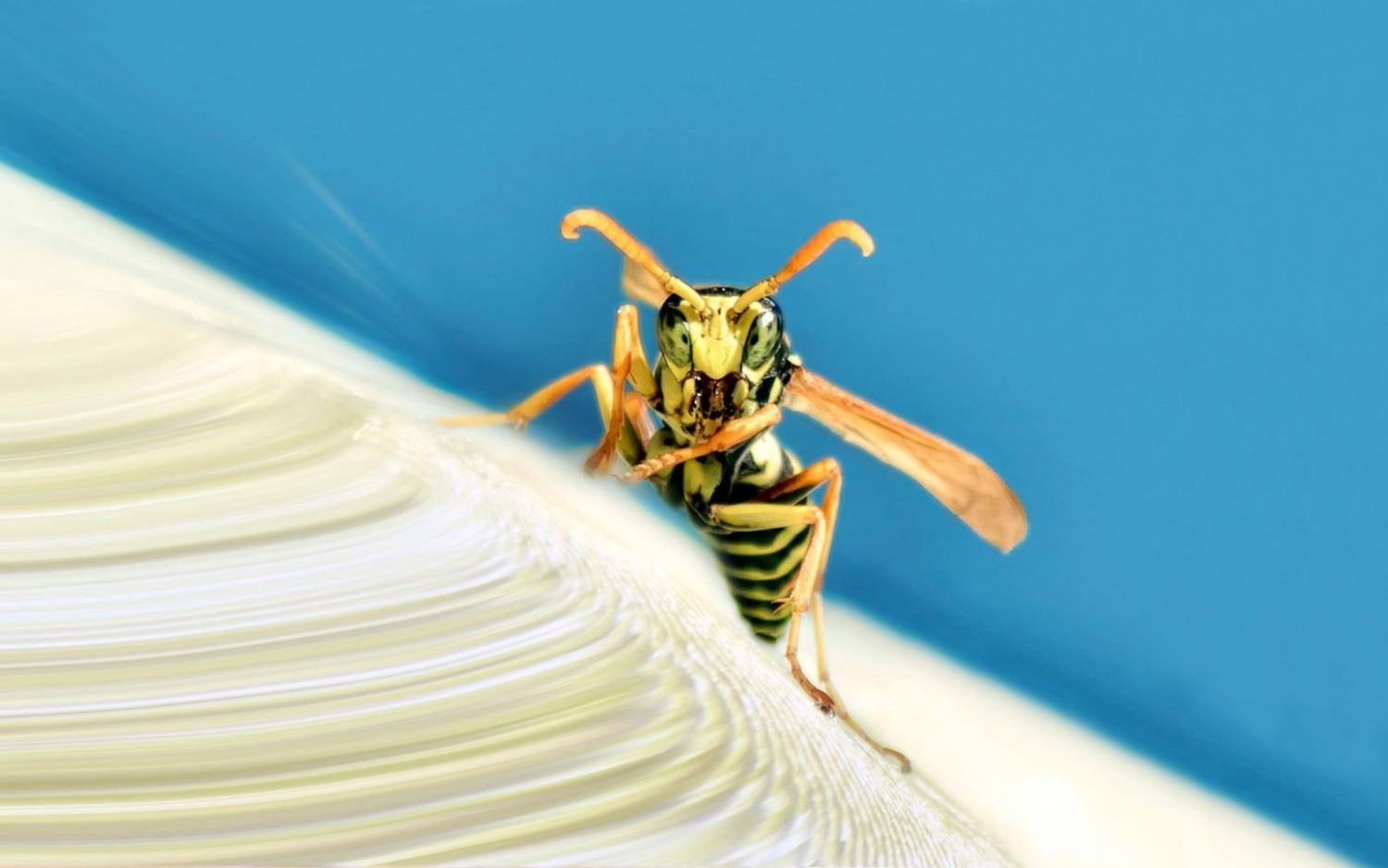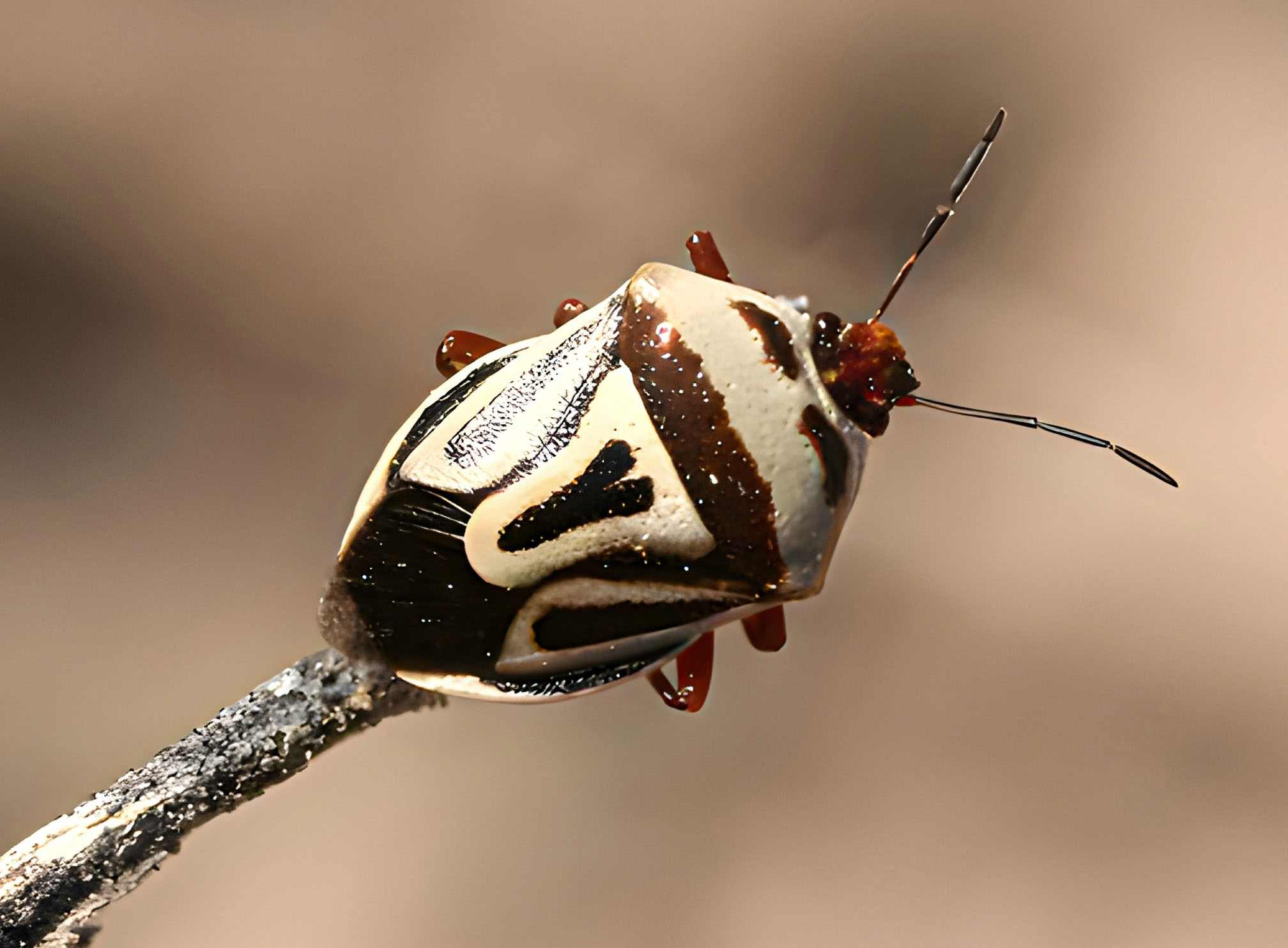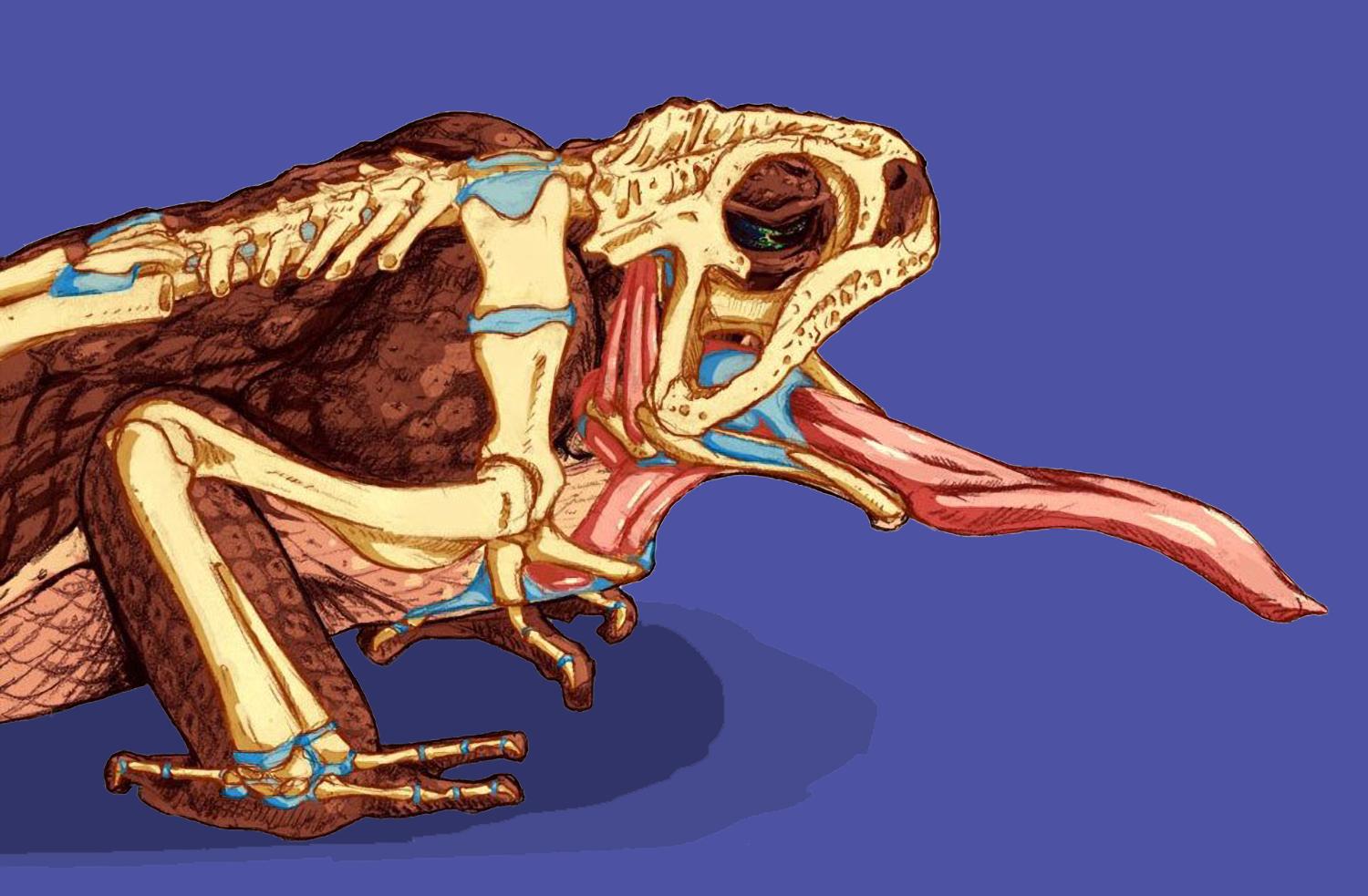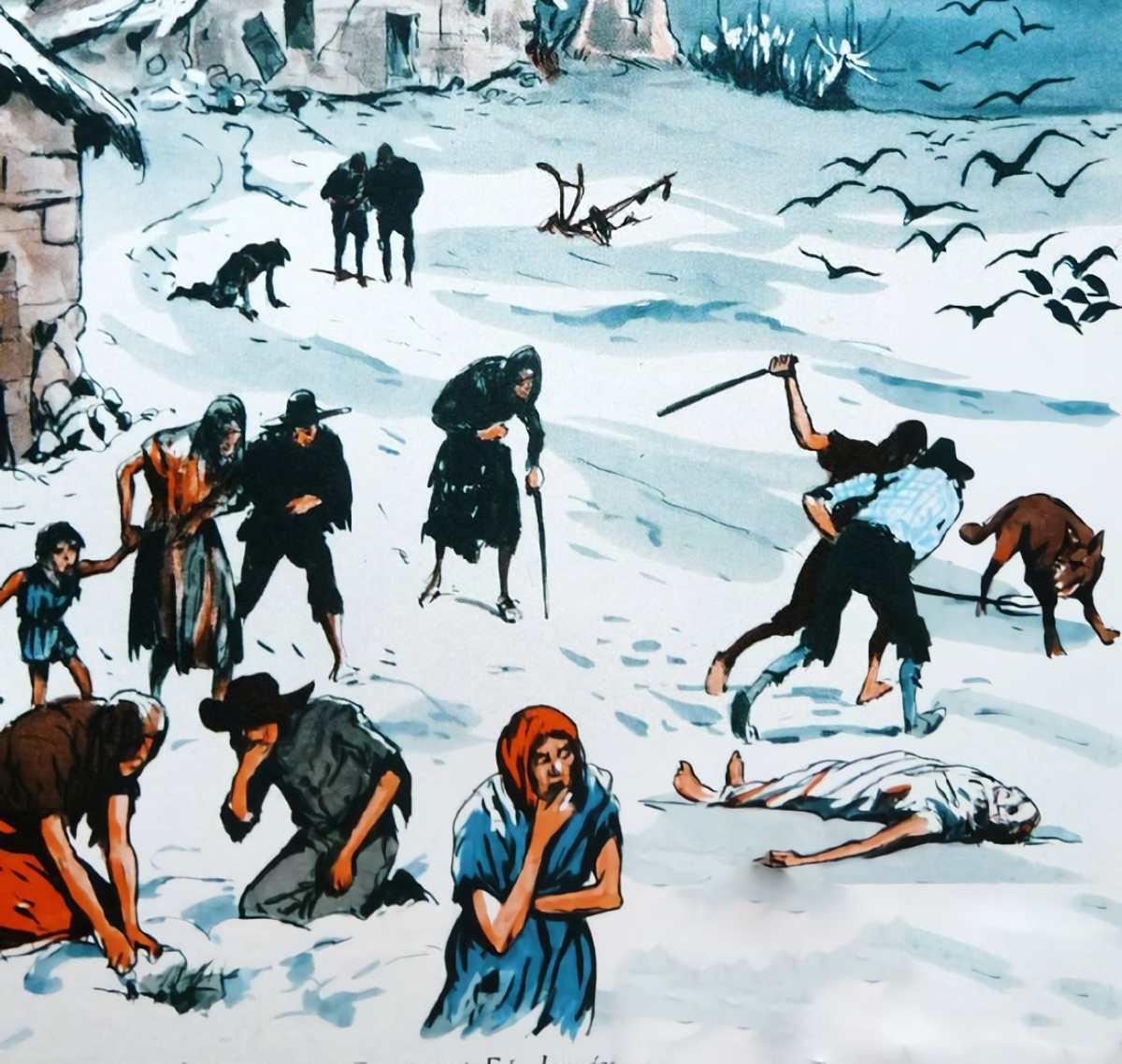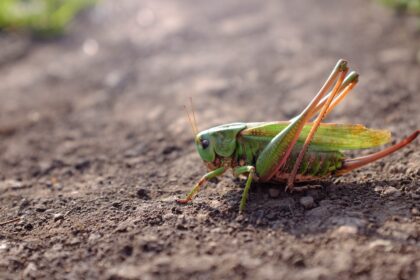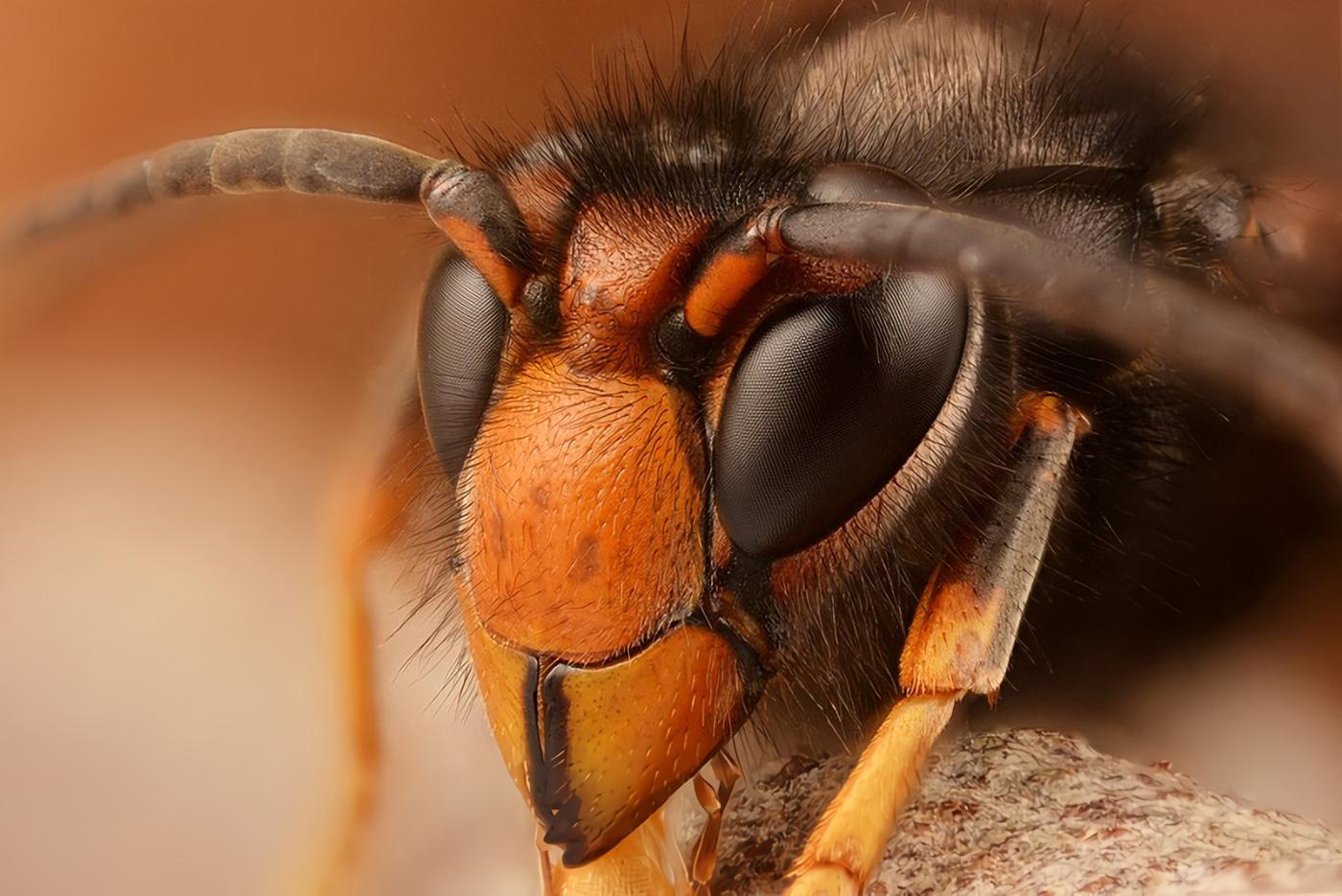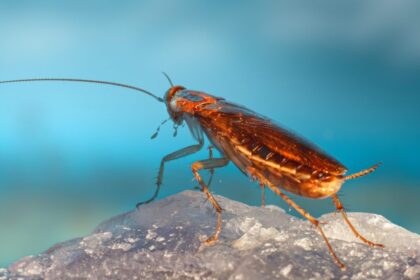In the evening, with pleasant weather, it doesn’t take long until you find yourself relaxing on the patio, taking in the sun, or enjoying a BBQ. But then, you are startled by a painful sensation on your arm, which is immediately followed by severe itching. The blood was drawn out by the lengthy proboscis of a mosquito that just bit you. Throughout the spring, summer, and autumn, it is almost impossible to get rid of mosquitoes, even with the use of pricey mosquito repellents. But, during the winter, you never see or hear anything about them. Where do mosquitoes go in the winter? And what do they do at this time of year?
Unlucky Males
The mosquito, like other insects, is a cold-blooded species. They have no control over their body temperature, which is always the same as their environment. The optimal temperature for mosquitoes is around 78 degrees Fahrenheit (25ºC), and at 60 degrees Fahrenheit (15ºC) the insects slow down, and anything below 50 degrees Fahrenheit (10ºC) makes them almost dead.
The thing is, the male mosquitoes can’t survive the winter. In fact, they already die away by fall. Males do not feed on blood, and their proboscis is not powerful enough to puncture your skin and bite you.
They consume nothing other than nectar and the fluids of plants. Blood is one of the several nutrients that only females are required to provide for their kids. It is specifically these female mosquitoes that are able to endure the dip in temperature during the winter.
Mosquitoes Craft Their Own Anti-Freeze
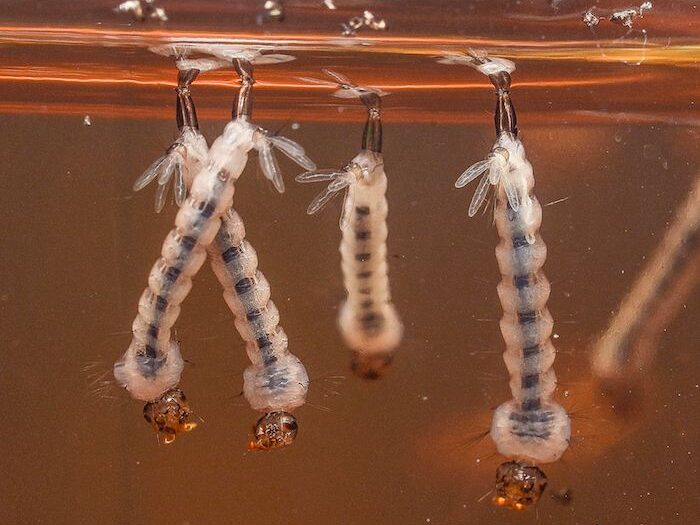
The female mosquitoes may find the best chance to survive throughout the winter months in locations like basements, caverns, cow barns, and buildings since these areas are cool, wet, and sheltered. There, the insects enter a state of inactivity, also known as torpor, caused by the dropping temperatures.
For the mosquitoes to be prepared for this, during evolution, they have created an odd adaptation mechanism: they begin by eliminating a fluid from their bodies via excretion. After that, sugar is added to this liquid which together acts like an antifreeze covering the mosquito’s body. The females emerge from their torpor when the weather begins to warm up again in the spring and start laying their eggs.
Mosquito Eggs Survive in the Mud
The frost very rarely kills adult female mosquitoes or their egg clutches that have already been laid in water bodies such as lakes, ponds, or rain barrels in the autumn. As long as the mud does not freeze, the mosquito eggs survive the winter in the mud on the bottom of a body of water without any issues.
The conditions throughout the spring and summer are what ultimately determine whether or not there will be a mosquito infestation. For instance, prolonged periods of rainfall provide the larvae with optimal breeding grounds. If warm temperatures are coupled with this, the conditions become ideal for a mosquito invasion.
However, it is possible to be bitten by a mosquito even during the wintertime. Because if a mosquito is able to find its way into a heated home, then that is where it will continue to live for a while. Yet, there is a good chance that it will die over the winter season while in there.
Sources:
- Webb, C. (2022, June 21). Where do all the mosquitoes go in the winter? The Conversation.
- Maxwell, C. (2022, September 27). Where Do Mosquitoes Go In The Winter? AZ Animals.



